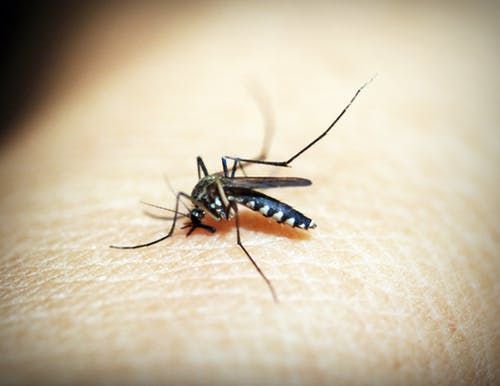Nothing exemplifies inequality like the existence of Neglected tropical diseases. Kenya has its fair share of NTD’s and they range from elephantiasis to Kalazaar. Leprosy still stalks some Kenyans in this day. The re-emergence os Leprosy in Kenya’s coastal region is disturbing. It is a disease that is curable through multi-drug therapy (MDT).
Other Neglected tropical diseases include Schistosomiasis, Soil Transmitted Helminthes, Lymphatic Filariasis, Trachoma, Leishmaniasis and the Hydatid Disease. They have remained a poor man’s affliction, crippling families and communities. The aggravation of poverty and the high cost of caring for patients notwithstanding, this kind of neglect sounds like something that would jolt the world into action.
It has. There is a global unified effort to eliminate Neglected tropical diseases. The unity of purpose has seen more than 1 billion people in some of the worlds poorest regions get treatment for at least one neglected tropical disease since 2016. It has gone down in history as “one of the most comprehensive global health collaborations”.
There is a deliberate, well-funded and organized effort to drive NTD’s out of the world by 2030. It is not difficult to see what this kind of unity has been able to achieve.
The 5th Progress Report of the London Declaration on Neglected Tropical Diseases launched at the Universal Health Coverage Forum in Tokyo, has detailed the progress made since the 2012 London Declaration.
Progress Finally
There has been a significant reduction in the number of people suffering from Human African trypanosomiasis, In 2016, there were 2,184 cases of the disease reported compared to 6,747 cases in 2011.
There have been 26 cases of Guinea worm disease reported so far in 2017, a drop of 98% from over 1,060 cases in 2011. Kenya is among the countries celebrating this achievement. It has reported zero human cases of guinea worm since 2005. The government is offering a nationwide cash reward to people who report cases of dracunculiasis (guinea worm disease). The KSH 100,000 for reporting the disease is meant to motivate people to report incidences as the country edges closer to being declared Guinea worm free.
The certification by World Health Organization is on condition that no single case of Guinea worm disease is reported by the end of the year.
The strides made so far mean than 400 million people worldwide no longer require preventive chemotherapy treatment for neglected tropical diseases.
All of this is made possible through the administration of 1.8 billion treatments donated by industry partners in a record-breaking drug donation programme in global health.
Reacting to the progress, Bill Gates, co-founder of the Bill and Melinda Gates Foundation noted,“ Thanks to this partnership, these neglected diseases are now getting the attention they deserve so fewer people have to suffer from these treatable conditions,”.
He added that “There have been many successes in the past 5 years, but the job is not done yet. We have set ambitious targets for 2020 that require the continued commitment of pharmaceutical companies, donor and recipient governments, and frontline health workers to ensure drugs are available and delivered to the hardest to reach people.’’
The impact witnessed in recent years is thanks to the collaboration between non-governmental organizations, the private sector and the public. It has set an unprecedented pace in tackling public health concerns.
“The story of neglected tropical diseases (NTDs) is one of great progress and remaining challenges,” said Dr Tedros Adhanom Ghebreyesus, Director General of the WHO. “Five years ago, the world committed itself to control, eliminate or eradicate 10 NTDs by 2020. Since then, tremendous success stories have been received from around the world.”
With the intensity and the debilitating nature of these diseases, how did they end up neglected? A simple answer is that the wealthy nations eliminated the diseases in their homes and didn’t care about what was happening elsewhere.
What Next
The pace at which the campaign to eradicate Neglected Tropical Diseases has been commendable. Sustaining this momentum and ensuring monitoring and funding remain steady could be one of the challenges that concerned parties ponder. There has been a precedence of slackening when success was nigh like happened in Uganda in the fight against HIV/Aids
Reaching the Last Mile will very much be anchored on political commitment, lasting partnerships and the reinforcement of existing programs.













